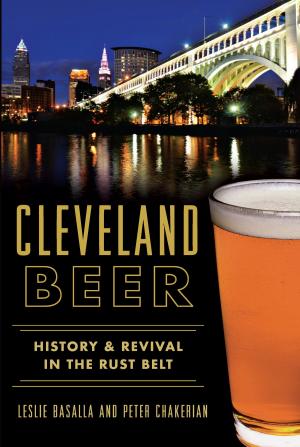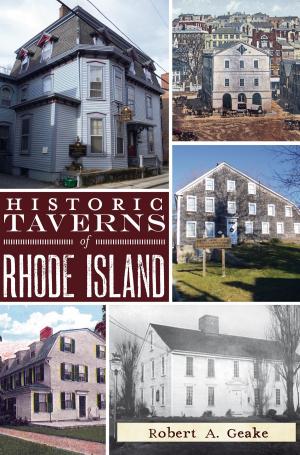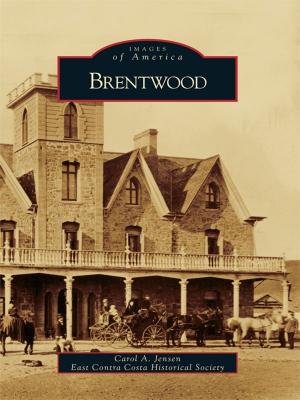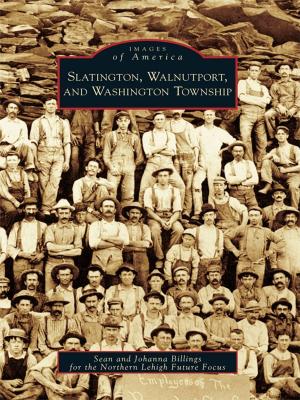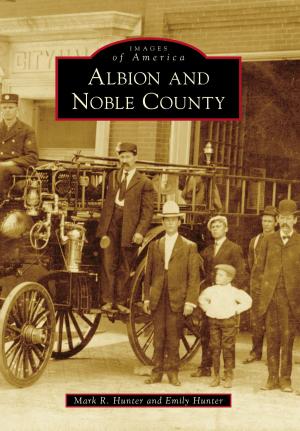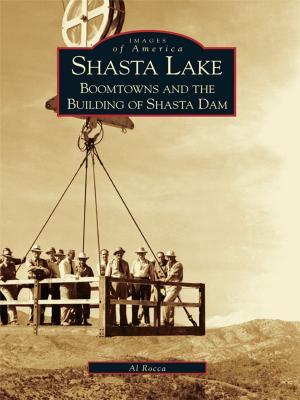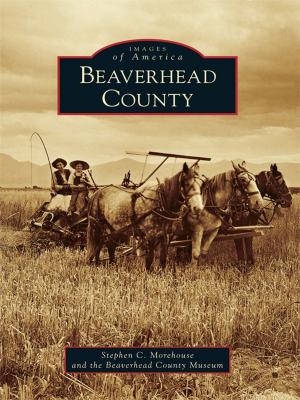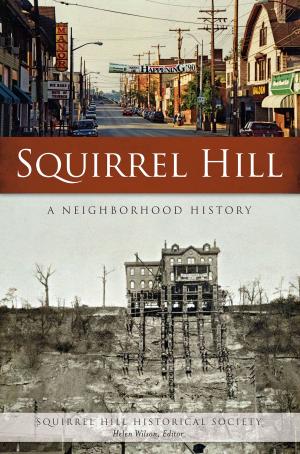| Author: | Allen Millican, Gearl-Dean Page, Jack Page | ISBN: | 9781439657966 |
| Publisher: | Arcadia Publishing Inc. | Publication: | October 10, 2016 |
| Imprint: | Arcadia Publishing | Language: | English |
| Author: | Allen Millican, Gearl-Dean Page, Jack Page |
| ISBN: | 9781439657966 |
| Publisher: | Arcadia Publishing Inc. |
| Publication: | October 10, 2016 |
| Imprint: | Arcadia Publishing |
| Language: | English |
Belmont lies between the South Fork and Catawba Rivers of western North Carolina. The Catawba Indians occupied the area for nearly five centuries prior to the mid-1700s, when the king of England granted large tracts of land to prominent citizens. Other land was settled by German and Scotch Irish farmers. The coming of the Charlotte & Atlanta Railroad in 1872 established a focal point around which the community grew, and by 1895, Belmont had been incorporated. As Belmont's population grew, so did the need for jobs other than farming. In 1901, brothers Robert Lee and Samuel Pinckney Stowe organized the first of many successful cotton mills, thus establishing Belmont's development as a textile center. By the late 1900s, textiles had faded and high-density residential areas replaced the former farmland. Today, Belmont residents continue to remember and celebrate their past through local venues, such as the world-class Daniel Stowe Botanical Gardens, as well as community events like the Belmont Fall Festival and Garibaldifest.
Belmont lies between the South Fork and Catawba Rivers of western North Carolina. The Catawba Indians occupied the area for nearly five centuries prior to the mid-1700s, when the king of England granted large tracts of land to prominent citizens. Other land was settled by German and Scotch Irish farmers. The coming of the Charlotte & Atlanta Railroad in 1872 established a focal point around which the community grew, and by 1895, Belmont had been incorporated. As Belmont's population grew, so did the need for jobs other than farming. In 1901, brothers Robert Lee and Samuel Pinckney Stowe organized the first of many successful cotton mills, thus establishing Belmont's development as a textile center. By the late 1900s, textiles had faded and high-density residential areas replaced the former farmland. Today, Belmont residents continue to remember and celebrate their past through local venues, such as the world-class Daniel Stowe Botanical Gardens, as well as community events like the Belmont Fall Festival and Garibaldifest.


